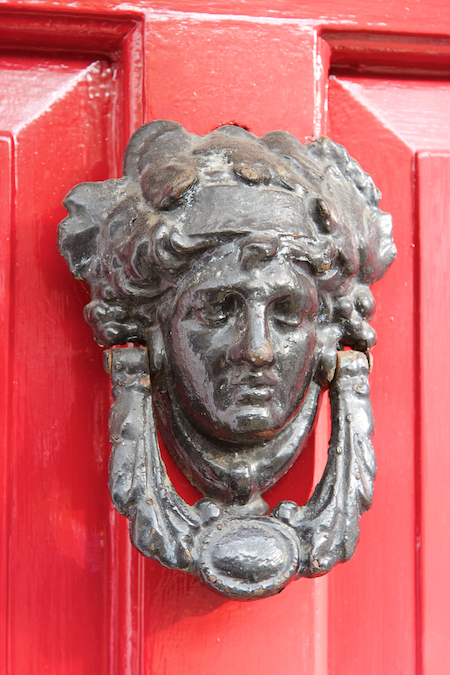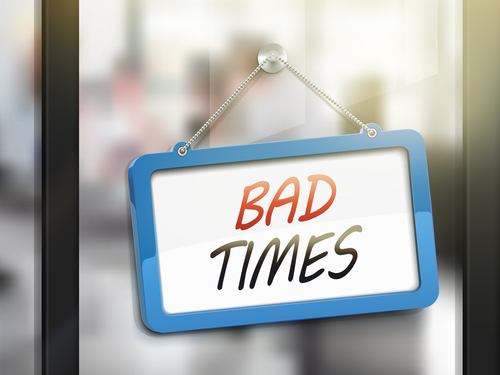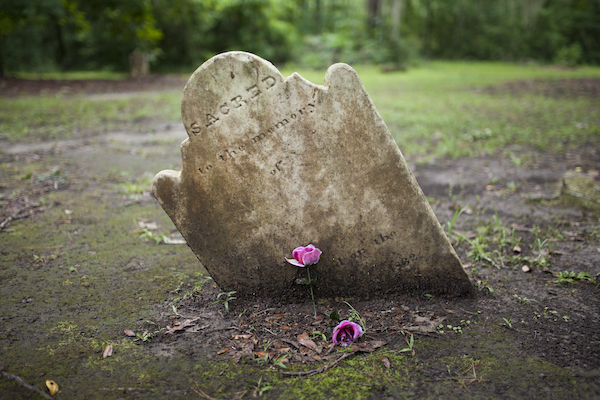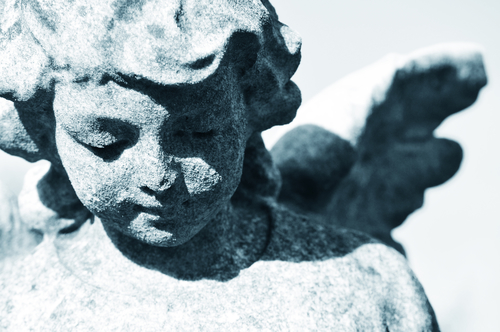I am, by nature, a cautious person. I’d much rather plan than spontaneously start a project or journey. I choose to weigh the pros and cons of an idea before jumping in willy nilly. I prefer to study my options instead of just selecting the first opportunity that comes along. Don’t get me wrong; I’m able to make decisions quickly. I just give myself some time — a moment, an hour, a day — to consider the ramifications.
Then I leap in wholeheartedly.
The work I’ve done for the past 30 years has inundated me with the facts, the rumors, the trends and the tribulations of this global pandemic. Which was why I wasn’t surprised to see New York City’s lockdown successfully flatten the curve, thus helping the health care system better manage the outbreak.
Nor was I surprised to see the novel coronavirus rear its ugly head in the very states that dismissed the dangers of the illness. Their leaders and citizens mocked those who made sacrifices for the good of society. Why? Because they falsely believed: “It’ll never happen here.”
Viruses don’t work that way.
It’s also why I was so saddened (and admittedly, angry) when I saw people crowding into bars and onto beaches or throwing parties with friends or family as if there was nothing to worry about. Despite what we may see in government and at rallies featuring angry, armed, anti-maskers and anti-vaxxers, pretending the pandemic doesn’t exist won’t make it magically disappear.
And that is why, after spending months in the house, I have no plans to return to society any time soon. Yes, I want things to return to “normal.” I’d love to browse the aisles of the library, take in a double feature at the movies, fill an entire wagon with plants and flowers at my local nursery or eat dinner at a favorite restaurant. But I also know that intermingling with crowds of people puts my life at risk. It puts my husband’s life at risk. It puts our financial future at risk.
That means until there’s a reliable and safe vaccine and/or treatment for COVID-19, I’m going to stay home. If you’re able, I hope you do so too. If, however, you’re an essential worker, please take as many precautions as you can. We all need you.
Lastly, if you must leave your home, don’t spend much time hanging out in places where essential workers do their jobs. Describing someone as essential means they are that, and society can’t afford to lose them or their skills/bravery to people who are carelessly spreading the virus.




